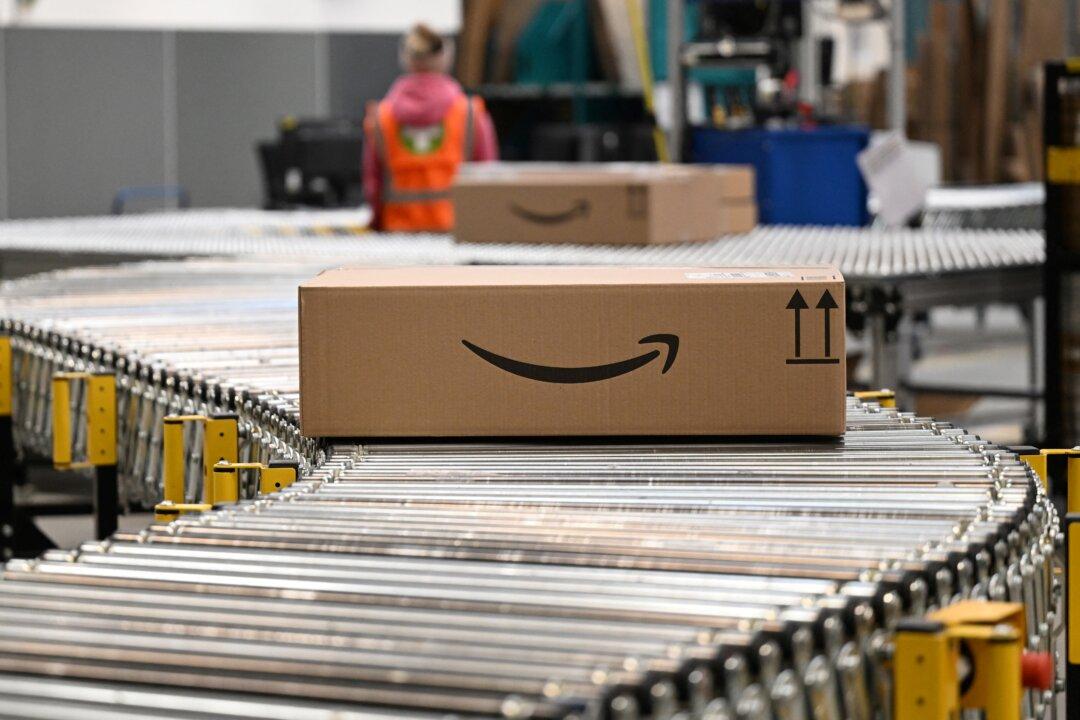U.S. shoppers’ total spending on Cyber Monday, the biggest online shopping day of the year, is anticipated to reach a record high this year amid a post-election boost in consumer confidence.
Adobe Analytics, which tracks online shopping, anticipates a record $13.2 billion in sales on Dec. 2, up by 6.1 percent from last year.





